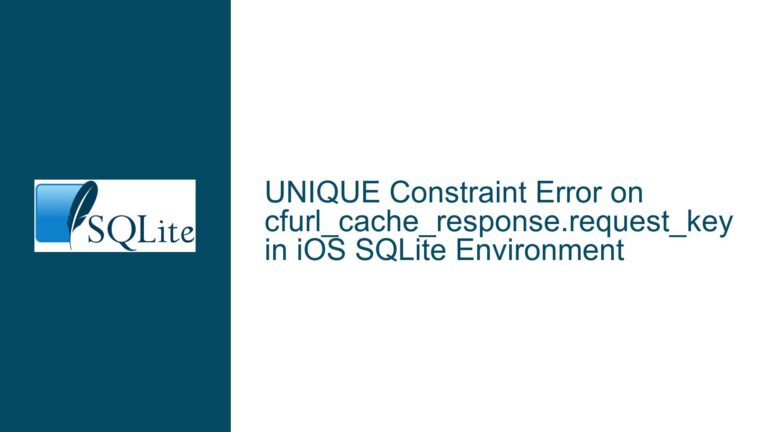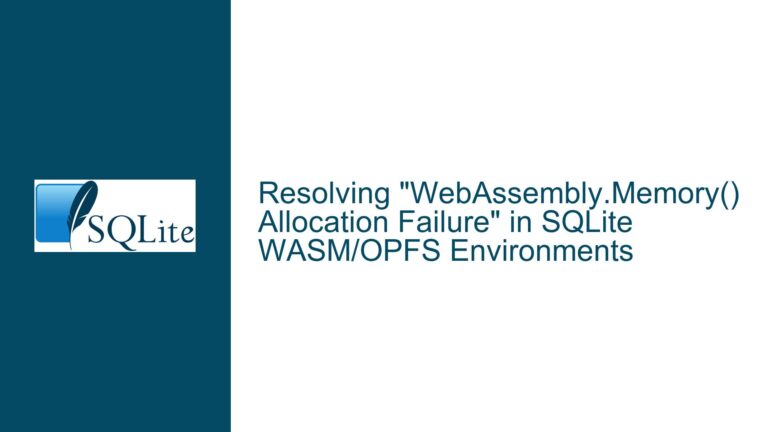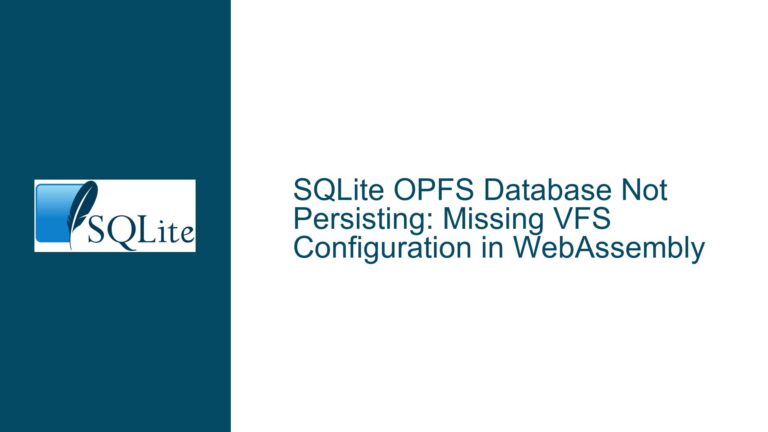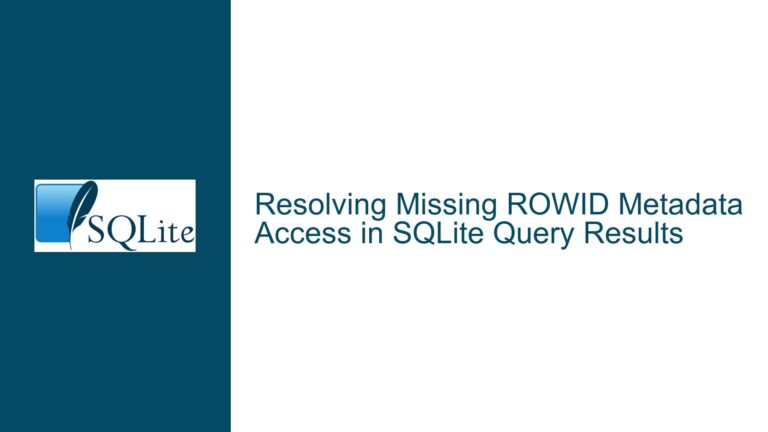Resolving Linux SQLite.Interop.dll Conflicts with Static Binaries and Obfuscated Entry Points
Interop Binary Versioning Conflicts in Multi-Add-In Excel Environments Issue Overview The core problem revolves around version incompatibility in SQLite.Interop.dll files when multiple Excel add-ins attempt to load different versions of the library simultaneously. In Windows environments, the System.Data.SQLite NuGet package provides statically linked binaries (sqlite-netFx46-static-binary-x64-2015-1.0.117.0.zip) that allow developers to rename the interop DLL to include…









